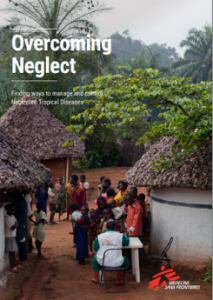


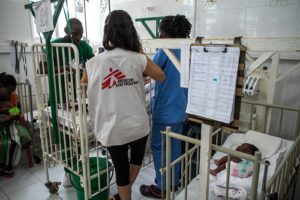
This collection of files includes an overview of the whole process of conducting a mortality survey and templates for concept papers, the protocol, questionnaires and consent and other related forms. Surveys that use this standardised
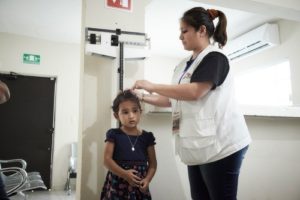
Jai Defranciscis is an Australian nurse with a passion for paediatrics and education in resource-poor settings. Last year she joined the international medical aid organisation Médecins Sans Frontières (MSF) – also known as Doctors Without
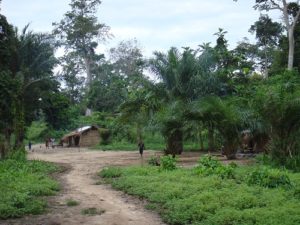
Although HIV/AIDS has been anything but neglected over the last decade, opportunistic infections (OIs) are increasingly overlooked as large-scale donors shift their focus from acute care to prevention and earlier antiretroviral treatment (ART) initiation. Of
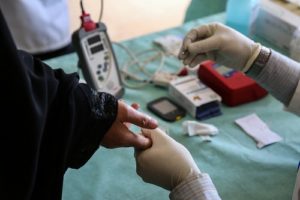
Evidence is urgently needed from complex emergency settings to support efforts to respond to the increasing burden of diabetes mellitus (DM). Médecins Sans Frontières conducted a qualitative study of a new model of DM health
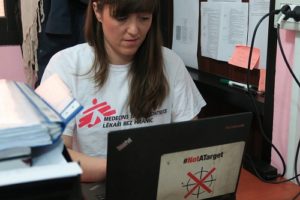
Although neonatal mortality is gradually decreasing worldwide, 98% of neonatal deaths occur in low- and middle-income countries, where hospital care for sick and premature neonates is often unavailable. Médecins Sans Frontières managed eight specialised neonatal
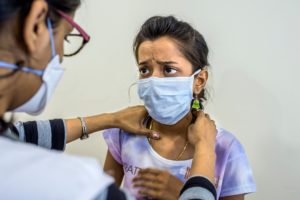
Multi-drug resistant tuberculosis (including extensively-drug resistant tuberculosis) and its treatment, has multi-dimensional effects on patients’ lives. Health-related quality of life (HRQoL) is a patient reported outcome measure, which has been defined to include physical, psychological,

Childhood acute respiratory illnesses (ARI) cause significant mortality and morbidity. It also accounts for antibiotic prescriptions and the development of resistant bacteria at the community level. This baseline study was carried out by MSF to
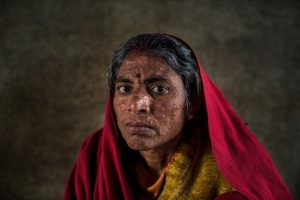
The KalaCORE project is a UK Department for International Development (DFID)-funded initiative to eliminate visceral leishmaniasis (VL) in Bangladesh, India, and Nepal, and to control VL in Ethiopia, South Sudan and Sudan. Aimed at improving

Kamrangirchar and Hazaribagh are the largest slum area in Dhaka, Bangladesh. In 2013 Médecins Sans Frontières (MSF) started an urban healthcare program responding to needs identified amongst the factory worker population and for sexual and
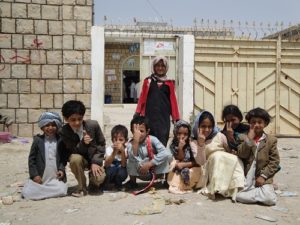
MSF has been present in Yemen since 2007. After war broke out in 2015, MSF intervened at a referral hospital in Hajjah, an administrative area at the frontlines of the fighting and host to nearly

This essay outlines how open source methods of working could be applied to the discovery and development of new medicines. It summarises that there are many potential advantages of an open source approach, such as
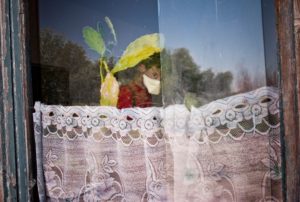
In Uzbekistan, despite stable and relatively high tuberculosis (TB) treatment success rates, relatively high rates of recurrent TB have recently been reported. This requires closer analysis to identify possible causes and recommend interventions to improve
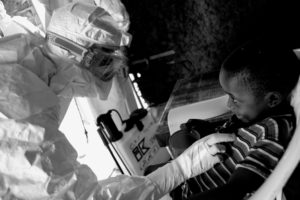
Overuse of antibiotics contributes to the development of antimicrobial resistance. This study aims to assess the condition of antibiotic use at health facilities at county, township and village levels in rural Guangxi, China. The authors
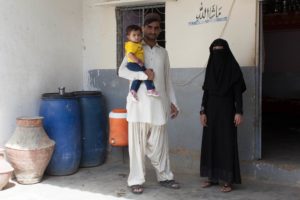
The burden of hepatitis C (HCV) infection in Pakistan is among the highest in the world, with a reported national HCV prevalence of 6.7% in 2014. In specific populations, such as in urban communities in

Puerperal sepsis causes 10% of maternal deaths in Africa, but prospective studies on incidence, microbiology, and antimicrobial resistance are lacking. This is a prospective cohort study of 4,231 Ugandan women presenting to a regional referral
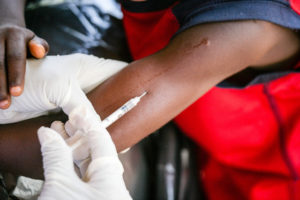
Each year, rotavirus gastroenteritis is responsible for about 37% of deaths from diarrhea among children younger than 5 years of age worldwide, with a disproportionate effect in sub-Saharan Africa. MSF conducted a randomized, placebo-controlled trial
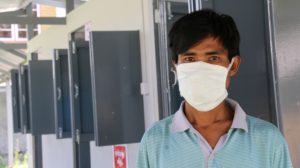
National tuberculosis (TB) programs engage with international non-governmental organisations (INGOs), especially to provide TB care in complex settings where community involvement might be required. In Myanmar, however, there is limited data on how such INGO
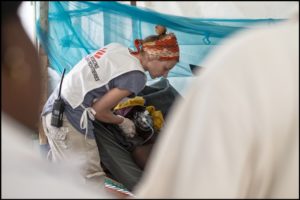
Somalia, ravaged by conflict since 1991, has areas endemic for visceral leishmaniasis (VL), a deadly parasitic disease affecting the rural poor, internally displaced, and pastoralists. Very little is known about VL burden in Somalia, where
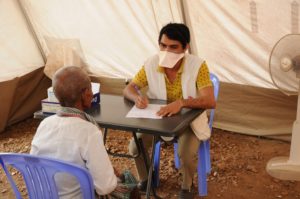
Despite emerging drug resistance in Cambodia, artemisinin-based combination therapy (ACT) is still the most efficacious therapy. ACT is available free of charge in the Cambodian public sector and at a subsidised rate in the private
Sign up for our emails and get deeper insight into world and work of MSF!






